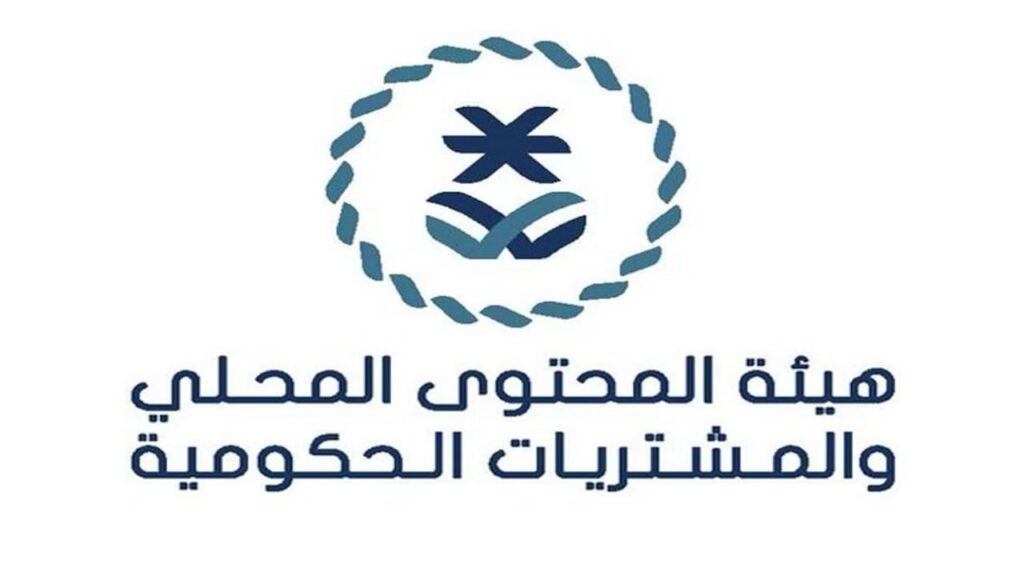Local content is an economic concept that refers to the percentage of elements or components produced locally and used in specific products or services within a country. Promoting local content is a fundamental part of the economic policies of many nations, including Saudi Arabia. These policies aim to boost local industries, stimulate economic growth, and create job opportunities.
The Importance of Local Content
1- Boosting the National Economy
Promoting local content directly supports the national economy. By increasing domestic production, governments can reduce reliance on foreign imports, enhancing economic independence. This approach helps build a strong industrial base and creates new job opportunities, contributing to better income levels and living standards for citizens.
2- Improving Trade Balance
By increasing domestic production, the need for imports decreases, improving the nation's trade balance and reducing trade deficits. This step also boosts local exports, resulting in a trade surplus that supports the national currency and strengthens economic stability.
3- Stimulating Innovation and Technological Development
Local content encourages the development of new technologies and local products, driving innovation and research and development in various industrial sectors. This focus helps build a knowledge-based economy and enhances the country's ability to compete in global markets.
4- Promoting Economic and Environmental Sustainability
Reducing the need for international transportation of components and products helps lower emissions, supporting environmental sustainability. Local production is often more efficient and sustainable, reducing the nation’s carbon footprint.
Implementing Local Content in Saudi Arabia
1- Government Projects and Tenders
In Saudi Arabia, the government mandates that a certain percentage of local components be used in government projects. This approach encourages suppliers and contractors to use local resources and services, fostering the growth of local industries and increasing their efficiency. For example, many government contracts require a specified percentage of materials and resources to be locally sourced, creating a sustainable market for domestic industries.
2- Private and Foreign Investments
The Saudi government encourages private and foreign investments to adopt local content in production and manufacturing. By offering incentives such as tax exemptions and financial support, the government aims to attract companies to invest in the Kingdom and use local resources in their operations. This strategy enhances the added value of local production and increases Saudi Arabia’s global competitiveness.
3- Local Training and Development
Government efforts include developing local capacities and training the workforce to enhance the skills and competencies required to meet local content demands. Additionally, the government offers advanced training programs in collaboration with companies and educational institutions to ensure a skilled workforce that meets the needs of local industries. Investing in human resources enhances production quality and improves the efficiency of local industries.
4- Research and Development (R&D)
The Saudi government supports research and development in local industries to foster innovation and develop new products and technologies that boost local content. By funding R&D projects and offering incentives to companies investing in innovation, the government aims to build an advanced industrial base capable of competing globally. This support for innovation helps develop cutting-edge technologies that increase production efficiency and improve the quality of local products.
Practical Examples of Local Content in Saudi Arabia
1- Energy Sector
In the energy sector, Saudi Arabia promotes local content through the "IKTVA" initiative launched by Saudi Aramco. This initiative aims to increase the local content percentage in the supply chain to 70% by 2021. This goal is achieved by developing local suppliers, enhancing local capabilities, and encouraging global companies to establish production and development centers in the Kingdom.
2- Petrochemical Sector
In the petrochemical sector, Saudi Arabia supports local content through initiatives such as the "Nusaned" program by SABIC. The program aims to support local companies, develop human capital, and enhance local suppliers' capabilities, thereby boosting local manufacturing and increasing the proportion of local components in petrochemical products .The program also seeks to foster innovation and sustainability in this vital sector.
3- Construction Sector
In the construction sector, the Saudi government requires contractors to use a certain percentage of local materials in government projects. This policy supports local industries, such as cement, steel, and iron production, enhancing their ability to meet domestic market demands.
Challenges and Solutions
1- Challenges
- Lack of Local Skills and Expertise: Some industries face a shortage of local skills and expertise to meet local content requirements.
- High Local Production Costs: In some cases, local production costs may be higher than imports, posing a challenge for companies in balancing quality and cost.
- Policy Integration: Local content policies need to be aligned with other economic policies to ensure that shared goals are achieved.
2- Solutions
- Investing in Education and Training: The government and companies must invest in training and education programs to develop local skills and competencies. Example, they could offer workshops and technical and vocational training courses.
- Encouraging Innovation and Technological Development: Supporting research and development can help companies reduce local production costs and improve efficiency.
- Coordinating Policies: The government should align economic policies to ensure effective integration of efforts to support local content.
Conclusion
Promoting local content is a powerful tool for strengthening the national economy, improving the trade balance, stimulating innovation, and fostering economic and environmental sustainability. In Saudi Arabia, the government adopts multiple policies and measures to enhance local content across various economic sectors. Through government projects, tenders, investment management, local training, and research and development, the Kingdom strives to build a strong and sustainable economy that relies on local capacities.
In the end, investing in local content is not just an economic choice but a comprehensive strategy for achieving sustainable growth and economic independence.
Therefore, the Saudi government is working hard to prevent and prevent financial embezzlement, by overcoming challenges and exploiting opportunities. The Kingdom of Saudi Arabia can also strengthen its economic position at the global level and ensure a sustainable and prosperous future for its citizens.




